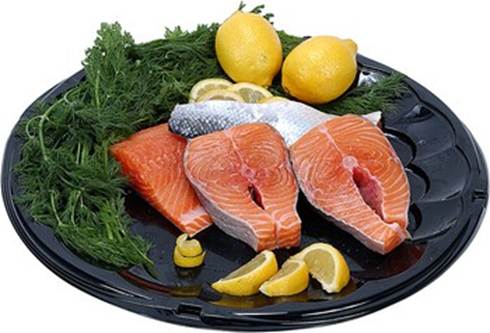Q: I’m trying to lose weight with a
friend. We’ve been going together to a local slimming club, but she’s losing
more than I am. Why?
A: Basically, weight loss cmes down to the
balance between the number of calories you burn and the number you take in. if
you and your friend eat exactly the same but she’s exercising more, she’ll lose
more weight. However, some people naturally have a lower metabolic rate and a
greater tendency to gain weight. Lots of factors influence this – among them
your age, gender and genes. The more you weigh, the more calories you burn just
to ‘tick over’. In addition, your body goes into starvation mode as you lose
weight and starts to economise on the calories you use. At extremes, it’s why
people with anorexia nervosa may feel the cold scales start to go down, you may
find you stop losing as much weight, even if you’re still eating and exercising
in the same way. Try to fosuc on your own goals, rather than your friend’s
weight loss. More importantly, create new diet and exercise habits so you keep
the weight off long term.
Q: My 18-year-old son is planning to
take a gap year abroad. Any tips on how I can ensure he stays healthy while
he’s away?

Any tips on how I can ensure he stays
healthy while he’s away?
A: Some simple precautions are vital –
according to a survey, half of British holidaymarkers have had an illness or
injury on holiday that requires some kind of medical attention. For all trips
outside Western Europe and the USA, check with your GP or travel health clinic
six to eight weeks before you travel in case you need immunisations. The EHIC
(European Health Insurance Card) entitles you to the same state-provided
medical treatment as an insured local resident if you get ill in the European
Economic Area or Switzerland. Ring 0845 606 2030 or visit www.ehic.org.uk and have your NHS or National
Insurance number to hand. When it comes to food while your son is away, tell
him to boil it, peel it, cook it or forget it! In developing countries, fruits
and salads, as well as ice, should be avoided. He should also take DEET-based
insect repellant if he travels anywhere with a risk of malaria, and a traveller’s
first aid kit. Visit www.nhs.uk/livewell/travelhealth
to find out more.
Stop press: The latest on Vitamin D

Concerns about vitamin D deficiency –
linked to heart disease, osteoporosis and even breast cancer – are being taken
seriously at last
Concerns about vitamin D deficiency –
linked to heart disease, osteoporosis and even breast cancer – are being taken
seriously at last. It’s something we at GH have covered in a series of
awareness-raising articles. But with so many headlines in recent months, it can
be hard to keep up. Late last year, research found that fair-skinned people
prone to sunburn could be at risk of vitamin D deficiency. In January, experts
highlighted possible links between vitamin S deficiency in infants and Sudden
Infant Death Syndrome (also known as SIDS or cot death). In the same month the
Chief Medical Officer for England called for doctors to raise awareness among
vulnerable groups. Here’s what you need to know:
1. Even if you know you lack vitamin D, don’t be tempted to rush into
the sun. Getting sunburnt hugely increases your chance of melanoma, a
potentially deadly skin cancer. In the UK, about 15 minutes a day in the sun,
with face and arms uncovered, from April-September, is a safe balance.

In the UK, about 15 minutes a day in the
sun, with face and arms uncovered, from April-September, is a safe balance.
2. To top up vitamin D, increase your intake of egg yolks and oily fish
– such as salmon, tuna, trout, mackerel, pilchards and sardines. Also, look out
for foods fortified with vitamin D, including some margarines and cereals.

To top up vitamin D, increase your
intake of egg yolks and oily fish – such as salmon, tuna, trout, mackerel,
pilchards and sardines
3. The Department of Health recommends that those over 65, children
from six months to five years, women who are pregnant or breastfeeding, people
with dark skin, and anyone who rarely gets outside should all consider a
supplement.
4. If you fall in to one of the abovve at-risk categories, it may be
wise to ask your GP about a simple blood test to check your vitamin D levels.

If you fall in to one of the abovve
at-risk categories, it may be wise to ask your GP about a simple blood test to
check your vitamin D levels.
5. There is still debate about the ideal level of supplement to prevent
deficiency – largely because vitamin D can be toxic in high doses. For most people
at risk, a dose of 1,000 units (25mcg) a day should be safe. For infants and
children, the recommended dose is 400 units (10mcg).